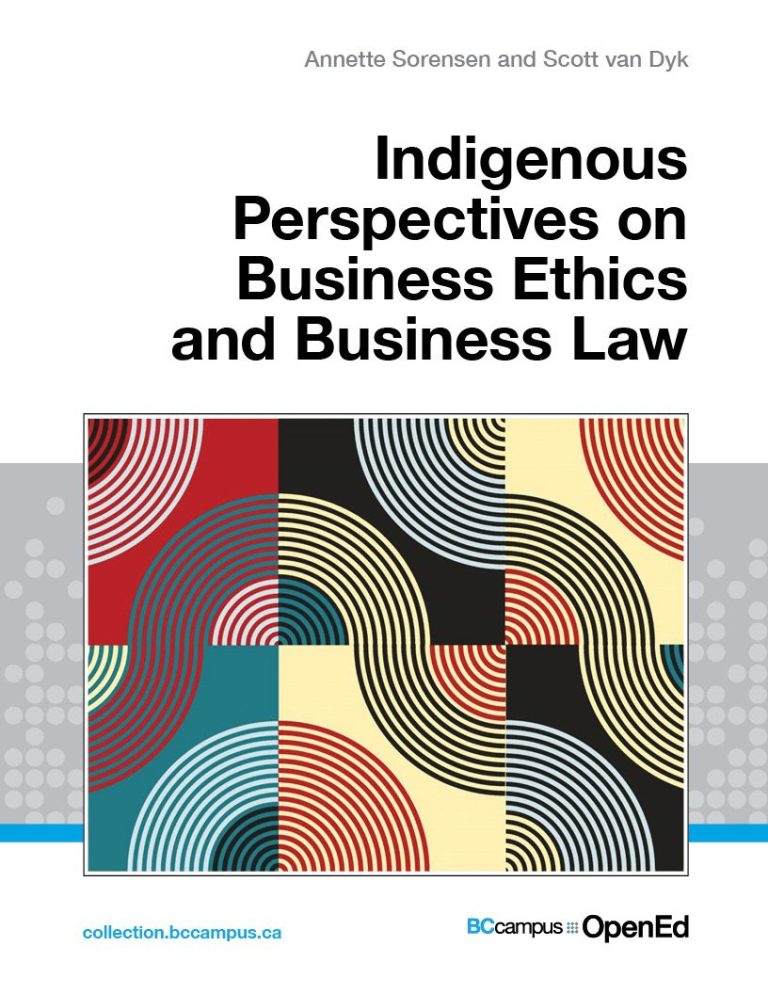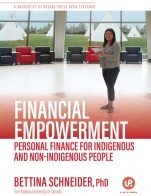 Library
Library
The book puts forward a framework to promote and inspire transformative heritage tourism from a sustainable marketing perspective. Drawing on examples from different parts of the world such as Thailand, China, USA, India, Australia, United Kingdom, Spain, and Hong Kong, it takes a unique approach by integrating elements associated with distributive justice, procedural justice, morally motivated existentialist authentic experiences, and the wellbeing of visited and visiting environments. The book pivots on the planning and marketing of heritage of communities such as local, descendent, and indigenous across eight broad themes.
This book covers why the state of settler-Indigenous relations in Canada is the way it is and how readers can make a difference in the way things are done, creating a better community for all. Author Alison Tedford Seaweed addresses our nation's complicated history through research and numerous interviews with academics, business owners, Indigenous relations advisors and more. She expertly conveys how a commitment to Indigenous inclusion and doing the right thing toward Reconciliation will lead to a stronger foundation for businesses and personal relationships.
This book is for Indigenous people who would like to get into business, and also for businesses and allies who would like to make a positive difference by learning how to amplify Indigenous voices, Indigenize businesses, and support Indigenous entrepreneurship, all in the bigger spirit of reconciliation.
Incorporating Culture examines what happens when Indigenous people assert control over the commercialization of their art by instilling the market with their communities' values.
The book focuses on First Nation, Métis, and Inuit ideas and examples, and an explanation of the Indian Act and current challenges related to it are outlined. The goal of the textbook is to inspire indigenous students to see themselves and traditionally inspired business practices in the contemporary arena, as well as to encourage non-indigenous students to consider indigenous business practices in mainstream business and to engage in future collaborations with indigenous business owners and communities.
Bunten goes beyond debates about who owns Indigenous culture and has the right to "sell" it to tourists. Through a series of anecdotes, she examines issues such as how and why Indigenous people choose to sell their culture, the cutthroat politics of business in a small town, how the cruise industry maintains its bottom line, the impact of colonization on contemporary Indigenous peoples, the ways that traditional cultural values play a role in everyday life, and how Indigenous peoples are engaging in global enterprises on their own terms. Bunten's bottom-up approach provides a fascinating and informative look at the cultural tourism industry in Alaska.
A testimony to Indigenous resilience in business Despite investments in nation building, self-autonomy, and cultural resurgence, Indigenous economic development has remained an underexplored and underestimated area of research. Engraved on Our Nations overturns the discouraging deficit perspective too common in policy and academia and amplifies the largely undocumented history of successful Indigenous economic activity in Canada.
As a result of being wrapped in the federal government's'white tape,'these once thriving societies are today impoverished and dependent. This volume charts a course for reversing the decline in Indigenous economies and establishing a path to prosperity based on secure tribal property rights, clear jurisdiction and governance, and fiscal and financial power.

The book starts by exploring relevant history, focusing on treaties, legislation, and federal government policy. It then looks at business ethics and what it means for businesses to work ethically with Indigenous communities. And finally, the book discusses business law and the requirements and responsibilities for businesses doing work on Indigenous lands.
Igniting the $100 billion Indigenous economy It is time. It is time to increase the visibility, role, and responsibility of the emerging modern Indigenous economy and the people involved. This is the foundation for economic reconciliation. This is Indigenomics. Indigenomics lays out the tenets of the emerging Indigenous economy, built around relationships, multigenerational stewardship of resources, and care for all.
By 2009, reverberations of economic crisis spread from the United States around the globe. As corporations across the United States folded, however, small businesses on the Qualla Boundary of the Eastern Band of Cherokee Indians (EBCI) continued to thrive. In this rich ethnographic study, Courtney Lewis reveals the critical roles small businesses such as these play for Indigenous nations.

This textbook attempts to speak to the varied backgrounds, knowledge systems, and experiences of Indigenous and non-Indigenous Canadians by providing Indigenous and non-Indigenous perspectives on personal finance and financial planning using examples and information from the Canadian financial system, economy, and Elders.
In this ground-breaking book, leading native and non-native scholars present a fascinating view of American Indian tribal values and indigenous cultures. This'Tribal Wisdom'offers an ethic of business practice that is relationship-based and community-oriented, fostering a harmonious web of life which includes the natural environment. Many of these traditions have shaped daily conduct in business and personal life among Native Americans for centuries and today the wider business world could find use from relating these tribal values to both ethics and sustainability.
Search using keywords. You'll find books, DVDs and online resources like e-books and streaming video.
To find resources on this topic, we suggest you first try typing into the search box the following terms:
If you are having trouble finding any resources using these search words, you can try using more outdated terminology or you can ask us to search for you. For example, two subject terms used frequently in our Library catalogue are Native Peoples Canada and Indians of North America. These terms are commonly used in academic libraries, even though they don't accurately reflect the current language used to describe Indigenous people in Canada today. This terminology is disrespectful and hurtful. We sincerely apologize for any pain this may cause. We are currently working towards changing this aspect of the library system. Unfortunately these changes can take time and we appreciate your patience and understanding. The good news is that our newer resources are all using the more representative and respectful subject term Indigenous Peoples.
Content by Vancouver Community College Library is licensed under a
Creative Commons Attribution-NonCommercial-ShareAlike 4.0 International License ![]()